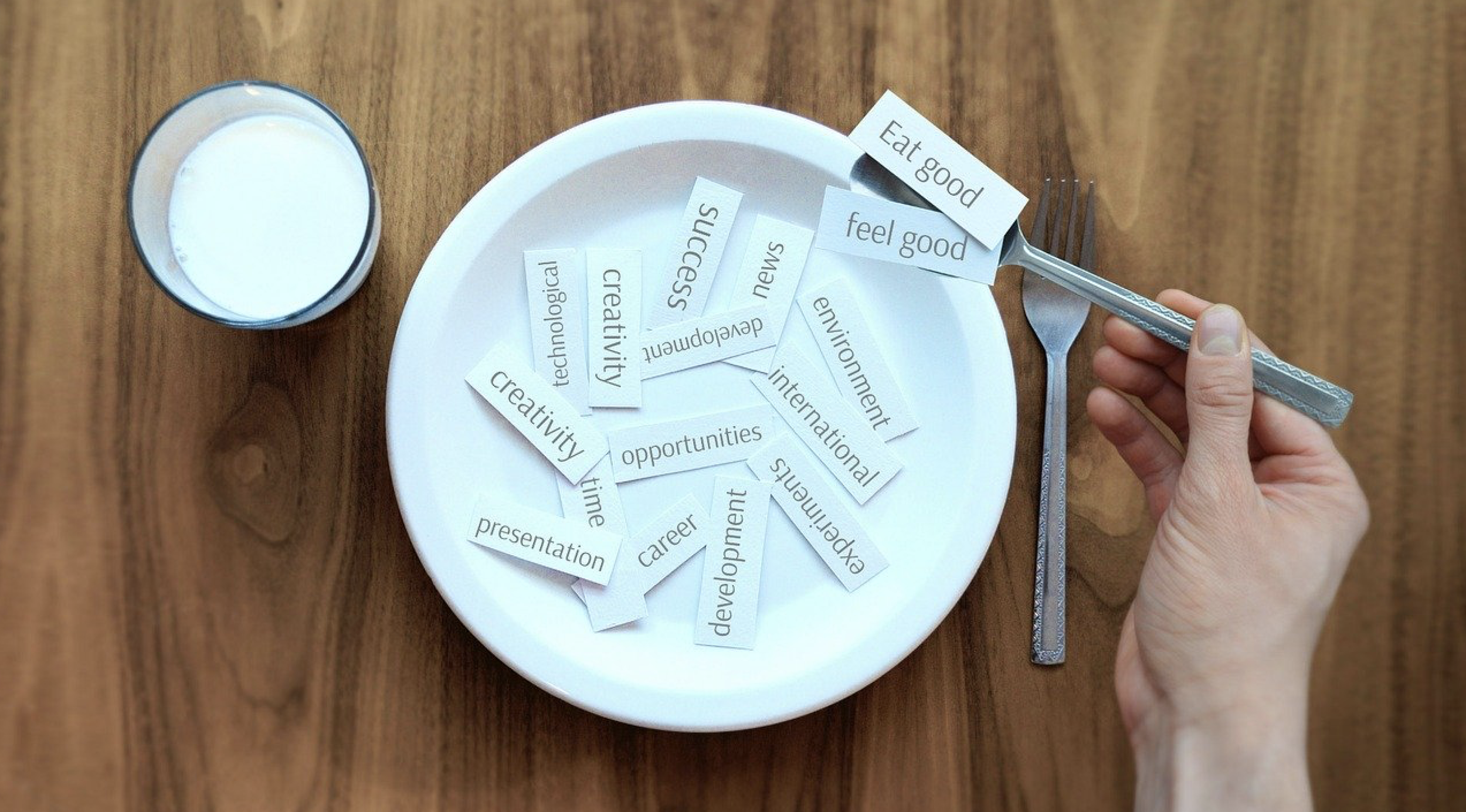How to set smart goals for success
It’s a new year and quite often this means a time of reflection on the year that has passed, as well as setting a number of goals for the year ahead. Before you do, read on and I'll explain a few goal setting strategies you should be mindful of first.
Have you ever stepped on the scales after a really positive week of being on top of your exercise and eating habits only to find that nothing had moved on the scales or they had even gone up? How did this leave you feeling; Disappointed? Frustrated? Demotivated? All of the above? How did this then change your actions moving forward? Did you keep going, or instead feel like there was no point in all of your good efforts and give up?
This is a very common situation I see with most of my clients. Why? When we focus on a goal of weight loss, the scales are not accurately measuring how you are progressing day to day. Picture this, you are having a really great week, you have started moving more, maybe even started a new exercise program using more weights. Maybe you have been focusing on increasing your fibre intake by eating more vegetables and whole grains, or maybe you are being more mindful of your fluid intake by drinking more water each day. How does this look on the scales? More exercise = increase in your lean muscle mass. More vegetables and whole grains = more fibrous bulk in your intestines (can hold 1.5-2kg). Increased fluid intake = well hydrated cells that are now heavier. The way we expect the scales should move from all of our positive changes can be very different from the way they actually move, leaving us feeling frustrated and demotivated, especially when it is our only measure for success.
What do you do now? First, set a long term goal that is not dependent on the scales. Set yourself a new measure of success that is not weight related. For example:
Being able to fit into a dress that are currently too tight.
Going down a notch on your belt.
Being able to walk up two flights of stairs without losing your breath.
Sleeping well throughout the night.
Having consistent energy levels across the day.
Reducing your lower back or knee pain.
Improving your health measures such as cholesterol, blood pressure, diabetes control or reducing reliance on medication.
Once you have a clear goal in mind, set out the weekly steps that you need to work on to get you there. Work towards building positive daily habits that you can tick off, that will help bring you a huge amount of satisfaction and also motivate you to keep going.
Tips for setting goals:
Be SPECIFIC with your goal - use specific days, times, durations.
Make it MEASURABLE - how will you measure to determine if its achieved?
Find a way to keep yourself ACCOUNTABLE - you may write them down on a chart you keep on your bathroom mirror, add them as reminders to your phone or tell a friend.
Be REALISTIC - is this something that is possible for you to achieve in the time frame?
Set a TIME FRAME - give yourself a point to check in, reflect and reassess your goals.
Remember - not achieving your goal by a set time frame does not mean you have failed, it simply means you may have to reassess your time frame for your goals.
Need some inspiration? Here are a few goal ideas to get you started:
To add 1 extra cup of vegetables to lunch each day
To bring a water bottle to work each day and finish one before lunch and another before dinner
Be in bed by 10:30pm each night
Go for a 30 minute walk in the morning five days this week
Pack a healthy snack for afternoon tea each day for work
Take the time to write down your goals. Keep an interactive list that you can tick off and update. Regularly review your list and cross off goals that you have reached, then write down new ones. You may like to stick your list on the fridge, keep it in a private diary or store it in your phone.
There’s more to improving your health than losing weight on the scales, so don’t let the scales get you down, set goals to make the steps that will take you there.









